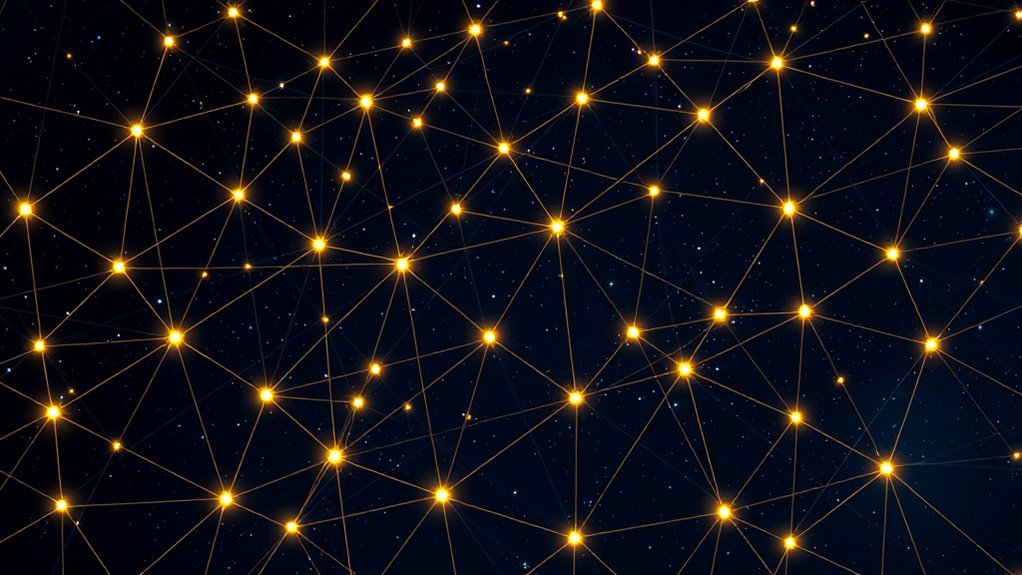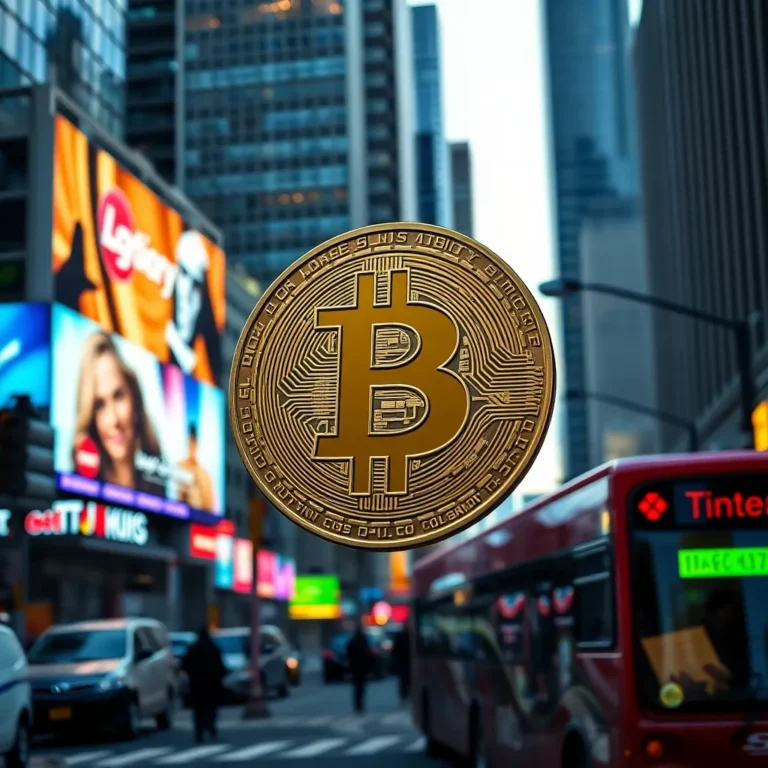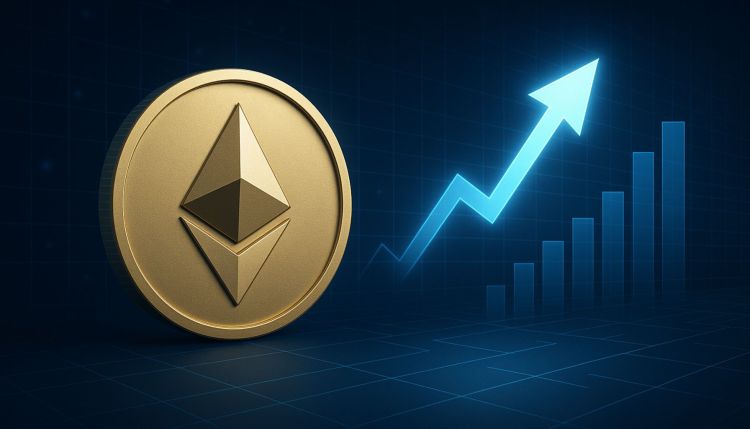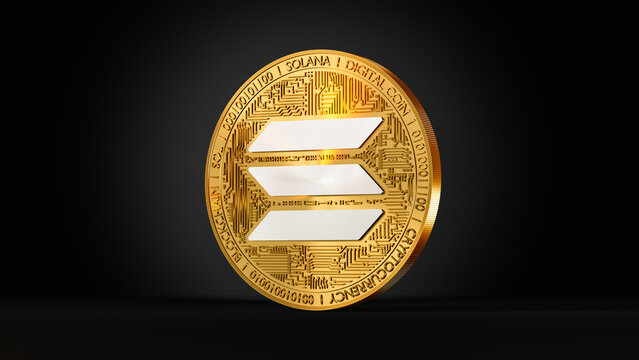Decentralization Explained
Note: This post may contain affiliate links, and we may earn a commission (with No additional cost for you) if you make a purchase via our link. See our disclosure for more info. The crypto world is constantly changing. This content is for informational purposes only and not financial, legal, or professional advice So, please verify the info on the cryptocurrency provider’s websites.
Decentralization is all about pushing decision-making power from the top down to local teams. Sounds fancy, right? This shift helps tackle local issues faster and sparks innovation. It's like letting a kid take the wheel—just with a lot more paperwork. Sure, it can lead to chaos and confusion if not managed well. But the payoff? Happier employees who feel like they own their decisions. Want to dive deeper? There's more to this story.
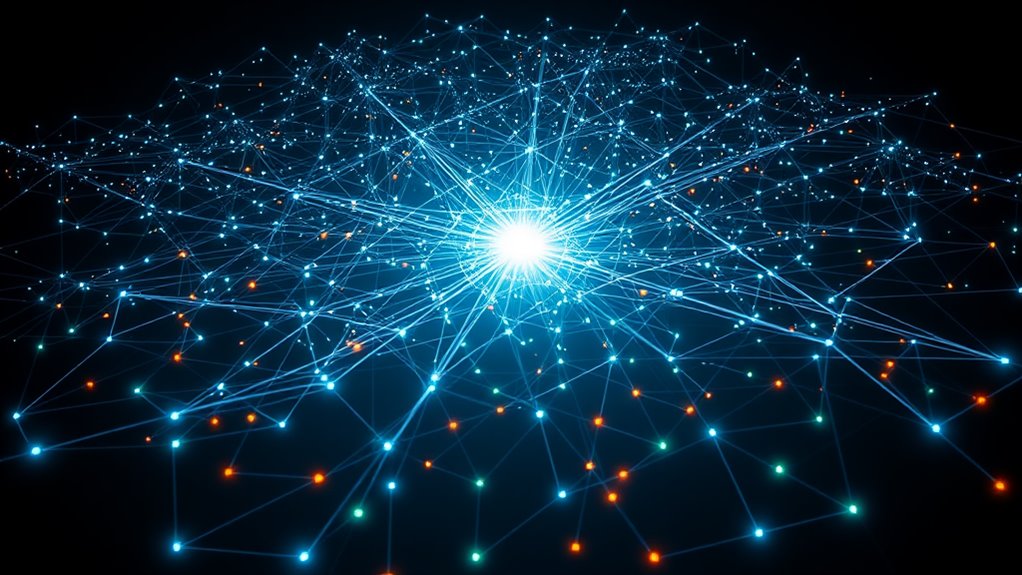
Decentralization might sound like a fancy buzzword, but at its core, it's about handing over the reins. It's like letting your kid take the wheel for the first time. Sure, it's a bit nerve-wracking, but sometimes you just have to trust them.
Decentralization is like letting your kid drive for the first time—nerve-wracking, but essential for growth and trust.
In the business world, decentralization means passing decision-making powers from the top brass down to the folks on the ground. The idea? Let local managers and teams make choices that directly impact their areas. This reflects the principle of emergence, where decisions arise from individual actions rather than a central authority. Enabling JavaScript and cookies in browsers is crucial for ensuring smooth access to decentralized platforms that thrive on user interaction.
The main goal is pretty simple: lessen the load on top management so they can focus on strategic decisions. This isn't just about freeing up time; it's about empowering employees. Think of it as giving them the freedom to solve problems as they see fit. Want to tweak a product line? Go for it! Feel like the menu needs a cultural upgrade? Great, do it!
Unlike centralization, where everything goes through a bottleneck, decentralization allows for quicker responses and localized innovation. Similar to how cryptocurrency remittances eliminate intermediaries to reduce costs and processing times, decentralized systems remove unnecessary layers that slow down operations.
There are several flavors of decentralization too. Functional, geographical, product-based, process, and even project-based. Each type has its own quirks. For instance, McDonald's menus change based on locations. You can't get a McAloo Tikki in every country.
And then there's Toyota, where teams stop the production line for quality issues. Talk about taking responsibility!
But, like most things, there are challenges. Coordination can be a nightmare. Different departments or regions might not align, leading to chaos. And let's not forget the potential for increased costs and conflicts. It's like a family reunion gone wrong.
Despite the hurdles, decentralization has applications beyond business. In politics, for instance, devolved governments let local leaders take charge. They get to make decisions that matter to their communities.
Frequently Asked Questions
How Does Decentralization Impact Data Privacy?
Decentralization shakes up data privacy big time. No more centralized control, which means users actually own their data. Crazy, right?
With cryptographic keys and encryption, people can choose who sees what. But, it's not all rainbows and unicorns. Managing access gets tricky, and anonymity? Good luck with that!
Plus, privacy laws vary everywhere, making life even more complicated. So, while decentralization sounds great, it's a messy, wild ride. Buckle up!
What Are the Economic Benefits of Decentralization?
Decentralization? Oh, it's a game-changer for economic growth.
It's like giving local governments a magic wand. More local control means decisions that actually make sense for the community. Think better services and happier citizens.
Revenue decentralization? That's a big deal too—more money flows where it's needed. Plus, it boosts accountability. Voters can actually hold local officials accountable.
Can Decentralization Lead to Inefficiency?
Decentralization can lead to inefficiency? Absolutely! It's a recipe for chaos.
Information flows like molasses, and conflicting policies? Oh, they're practically a given.
Departments duplicate efforts, spending money like it's going out of style.
Local governments struggle financially, making them weaker and prone to corruption.
And let's not forget the headaches of managing different units—talk about a managerial nightmare!
How Does Decentralization Affect Governance Structures?
Decentralization shakes up governance structures, no doubt. Local councils get more power, which sounds great until someone drops the ball.
Accountability? Sure, if the council's not too busy playing politics. It's like a double-edged sword—more local voices, but also the risk of chaos if things go south.
Plus, the central government? They might just throw their hands up and say, "Good luck!"
Sometimes, local governance is a wild ride—bumpy, unpredictable, but hey, at least it's lively!
What Industries Are Most Affected by Decentralization?
Decentralization shakes up a bunch of industries.
Manufacturing? Yep, it's all about local vibes now.
Food and drink? They want to keep costs down while catering to local tastes.
Furniture? It's about jobs and market flexibility.
Electronics? Flexibility is key, baby!
And don't forget pharmaceuticals, wrestling with regional rules.
Meanwhile, tech and finance are riding the decentralized wave too, turning the traditional models upside down.
Welcome to the future—hold on tight!

